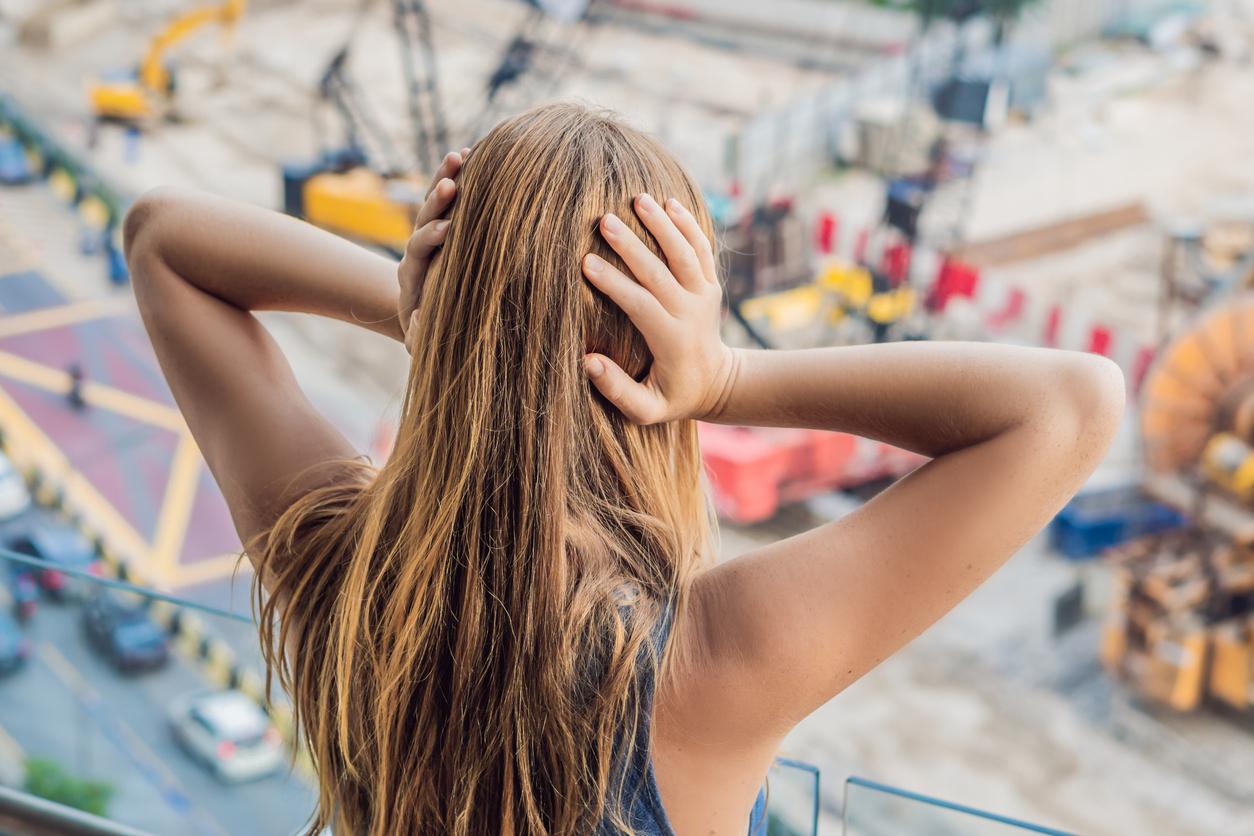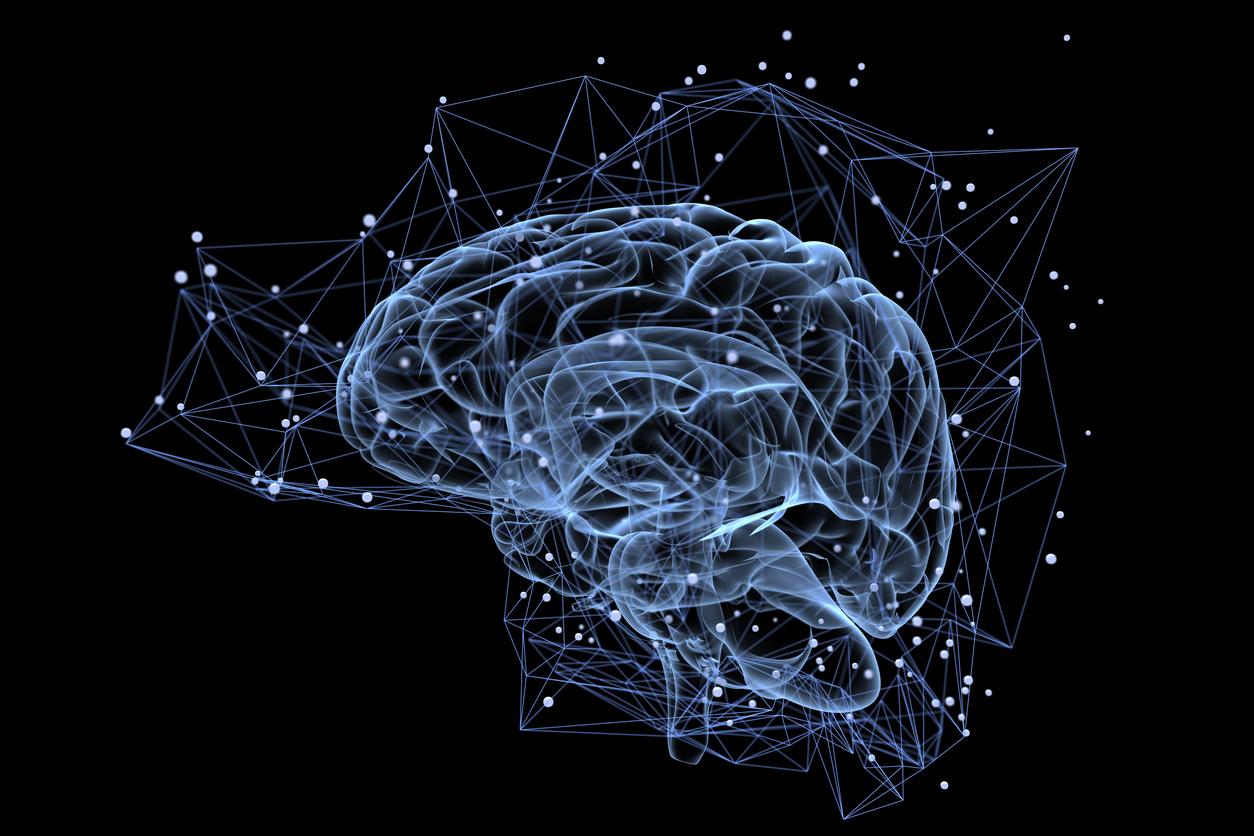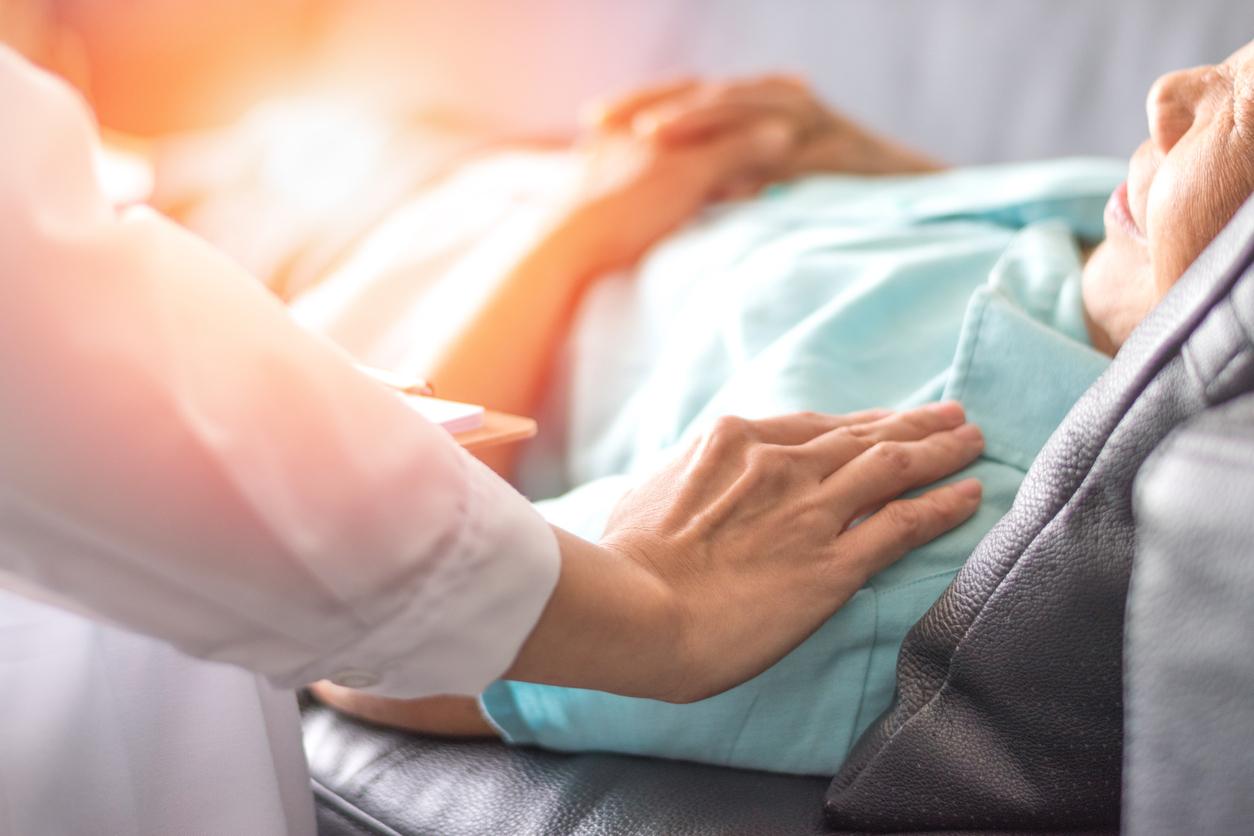What was the impact of confinement on the mental health of the French? Public Health France has implemented behavioral and psychological monitoring on the first two waves of containment, which began on March 17, in order to curb the spread of Covid-19. A first observation highlights that during the first wave, the prevalence of anxiety was 26.7%, twice as much as in 2017 during a similar mental health survey in France (13.5%). . Over the confinement, this decreased: in wave 2, the percentage of anxious French people was 21.5%.
The level of anxiety was “measured by the Hospital Anxiety and Depression scale (HAD) developed by Zigmond and Snaith which comprises 14 items, including seven on the identification of anxiety and seven others on the identification of depression 7“, notes the survey. Not all French people were equal in the face of this feeling. Here is the information to remember. At the start of confinement, and in the second wave, 2,000 French people aged 18 and over were questioned about their condition. mental.
Who are the most anxious people since the start of confinement?
Three types of people are most prone to anxiety: women, people most at risk of illness, and economically disadvantaged people. The report gives more details about the criteria that determine the level of anxiety of the French.
- Socio-demographic characteristics are decisive. Being a woman, a parent of child(ren) aged 16 or under, declaring a difficult financial situation promotes anxiety during this period of confinement linked to the coronavirus.
- Living conditions linked to the epidemic situation. We have not all experienced the same events. Some were able to telecommute, others not. Some have had a loved one sick with Covid-19, others have not. This played a big role in anxiety disparities.
- According to knowledge, perceptions and behaviors in the face of Covid-19, not everyone has experienced the relationship to the disease in the same way. When some perceive it as a serious disease and feel vulnerable, others are less afraid.
Astonishment, the least worried are not the least at risk: people over 50 are the ones who showed the least anxiety in the face of the Covid-19 crisis. In China, a study revealed that it was young people (18-30 years old) who presented the greatest psychological distress. In question ? Their active searches for information about the disease on the networks.
Why has anxiety dropped in some over confinement?
The study notes a decrease in general anxiety, between the first and the second wave of confinement. From a medical point of view, this can be explained by a better understanding of the modes of transmission of the disease. Those who testify to having seen their anxiety decrease are also those who declare that they respect the containment measures and feel capable of adopting the protective measures. It is also the French who have confidence in the action of the public authorities to control the epidemic.
But not everyone saw their anxiety drop significantly… The report points to this “people declaring a difficult financial situation (first 32.8% then 34.2%), people from lower socio-professional categories (29.6% then 26.9%) or those with a level of qualification lower than Bac (first 27.9% then 26.7%)“. While the measures put in place, such as work stoppages, partial unemployment, teleworking, are possible for some French people, others are not entitled to them. Or else, this weakens an economic balance that is already little solid. Part of the population was reassured by these measures, while the other did not feel protected..
If confinement was considered a risk factor for mental health… it would rather have acted the other way around! The French generally felt protected by being confined. They were less exposed, and therefore did not feel threatened by the virus. Only problem: on May 11, at the time of deconfinement, the virus will continue to circulate. Anxiety is likely to start rising again, especially for those who do not have the means to apply all the recommended protective measures: wearing a mask, regular renewal, social distancing… Santé Publique France emphasizes the need to protect and support the most precarious households.
Read also:
Screening for Covid-19 after May 11: how? or ?
Coronavirus: a avenue of treatment thanks to llama antibodies?
What are the psychological effects of confinement?
Containment: 3 exercises to calm anxiety
5 cardiac coherence exercises
Why are the rules disrupted during confinement?
Containment: why is the libido not there?
















